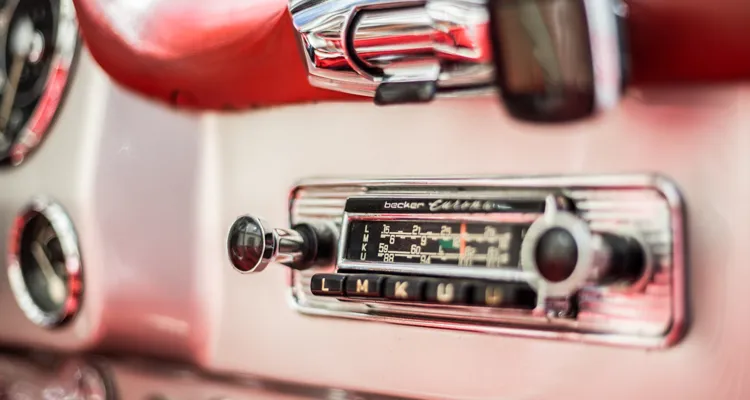Lobbyists in the U.S. auto industry are pushing back on lawmakers over proposed AM radio requirements in new vehicles.
After bipartisan lawmakers introduced a bill requiring automakers to retain AM radio functionality in their 2024 model year vehicles, the lobbyist group Alliance for Automotive Innovation (AIA) is pushing back, arguing that the functionality is unnecessary.
The AIA began making its argument to the House’s Subcommittee on Communications and Technology today and in an upcoming hearing to discuss the proposed bill, called the AM for Every Vehicle Act. The bill aims to direct the NHTSA to issue a rule requiring automakers to retain AM radio in their vehicles at no additional cost to consumers.
Lawmakers in favor of the bill express concern that removing AM radio in vehicles might impact emergency broadcast situations, particularly in rural communities. That pushback had seemingly worked initially, as Ford CEO Jim Farley announced that his company would retain AM radio in its latest model year vehicles. But the AIA — a Ford-backed lobbyist group — is pushing back with the argument that AM radio has no impact on delivering or receiving emergency communication alerts.
“Whether or not AM radio is physically installed in vehicles in the future has no bearing on the multiple methods of delivering those emergency communications alerts to the public,” says AIA CEO John Bozzella. “Mandating audio features in a vehicle isn’t necessary. Congress hasn’t ever gone this route, especially in a competitive environment with so many choices — many of them free.”
AIA Vice President of safety policy, Scott Schmidt, testified to the House panel today that AIA members are “committed to ensuring drivers have access to free, public alerts and safety warnings through the Federal Emergency Management Agency’s Integrated Public Alert and Warning System.”
“The intent is not for the public to rely on a sole source to receive the alerts but to create a ‘net’ of sources in which the public can receive them. In other words, the more, the better.”
Still, lawmakers in favor of the bill argue that in an emergency, such as a natural disaster, there are times when access to public alert systems is limited, meaning that AM radio could play a vital role. That includes times when there is no cell service, internet, or television, due to a lack of electricity, according to U.S. Rep. Josh Gottheimer.

